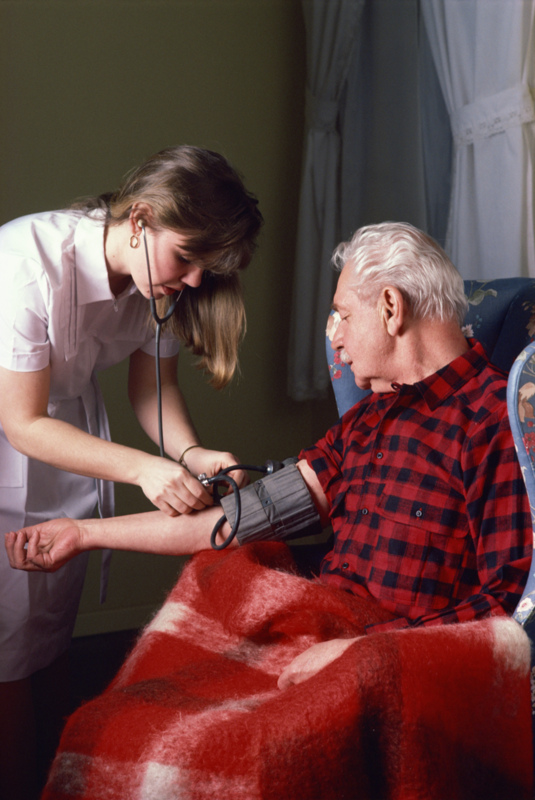
MONDAY, July 20, 2015 (HealthDay News) — Take heed, couch potatoes: Excessive TV time in young adulthood might raise your odds for mental decline decades later, a new study suggests.
“Even early and mid-adulthood may be critical periods for promotion of physical activity” to help keep memory and thinking strong in old age, lead researcher Tina Hoang said in a news release from the Alzheimer’s Association.
Hoang, a research associate at the Northern California Institute of Research and Education in San Francisco, is slated to present her team’s findings Monday at the annual meeting of the Alzheimer’s Association, in Washington, D.C.
Prior studies have suggested that physical activity later in life may help protect against mental decline, and possibly Alzheimer’s disease and other types of dementia. However, Hoang’s team said the effects of exercise in early adulthood on late-life mental health are much less clear.
In their study, the researchers tracked more than 3,200 white and black Americans, aged 18 to 30. They specifically looked at levels of physical activity and television viewing over 25 years.
They found that 17 percent of the participants had a long-term pattern of low physical activity, 11 percent a long-term pattern of high levels of television viewing, and 3 percent had both.
Thinking and memory tests were conducted after 25 years. According to the researchers, people with long-term low physical activity, as well as people with long-term high television viewing, scored much worse on the tests compared to those who were more active and watched less television.
Those with both long-term low physical activity and high television viewing were nearly two times more likely to have poor mental function in mid-life, the study found.
While the study couldn’t prove cause-and-effect, “sedentary behaviors, like TV viewing, could be especially relevant for future generations of adults due to the growing use of screen-based technologies,” Hoang said.
And, she added that, “because research indicates that Alzheimer’s and other dementias develop over several decades, increasing physical activity and reducing sedentary behavior beginning in early adulthood may have a significant public health impact.”
Two experts agreed that the study couldn’t prove a causative link, but they also agreed that physical and mental health are closely tied.
“The results are consistent with the literature on physical exercise and its benefits for mental functioning, particularly in the areas of attention and executive function,” said Margaret Sewell, education director at the Alzheimer’s Disease Research Center at the Icahn School of Medicine at Mount Sinai, in New York City.
Another expert, Dr. Luca Giliberto, said the findings were “not surprising.”
“Physical activity reduces risk of cardiovascular disease, including stroke and vascular dementia,” said Giliberto, an investigator at The Litwin-Zucker Research Center for the Study of Alzheimer’s Disease at the Feinstein Institute for Medical Research in Manhasset, N.Y.
“While more thorough cognitive [mental skill] assessments and further follow-up of the current [study participants] are needed … the study is a nice demonstration of how healthier lifestyles can improve late life cognition and quality,” Gilberto said.
Experts note that findings presented at medical meetings are typically considered preliminary until published in a peer-reviewed journal.
More information
The U.S. National Heart, Lung, and Blood Institute offers a guide to physical activity.
Copyright © 2026 HealthDay. All rights reserved.

